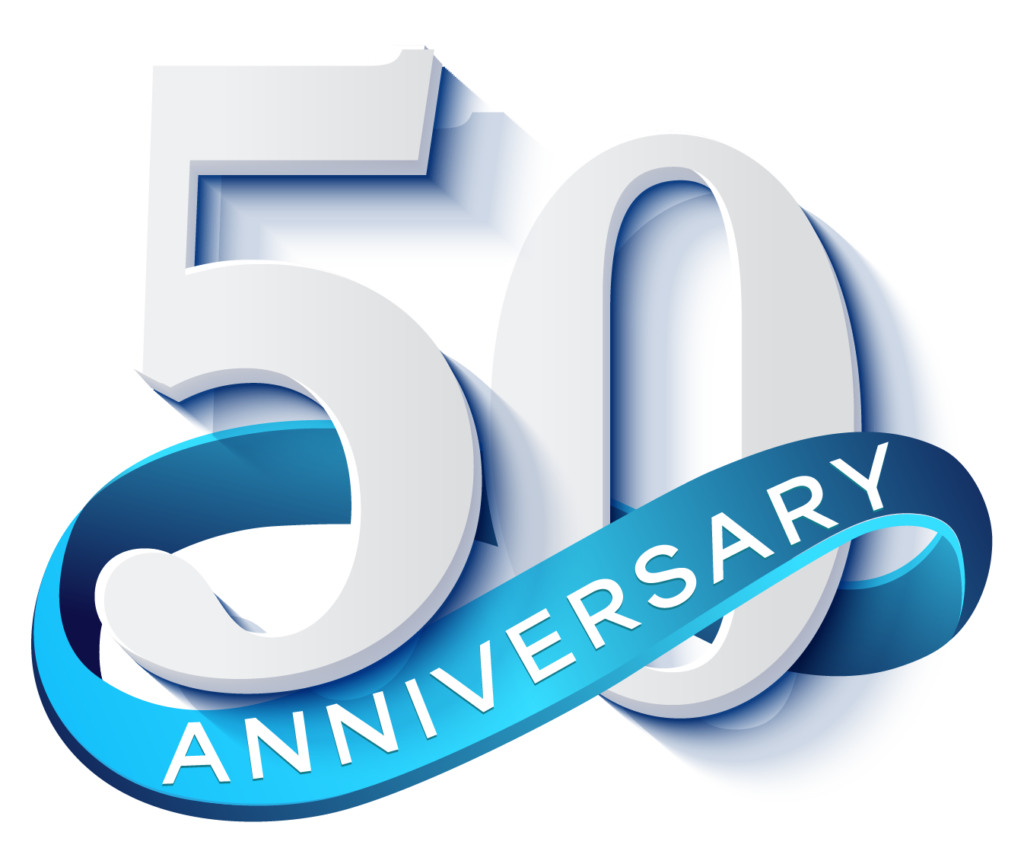Team-oriented leaders play a pivotal role in shaping the culture and dynamics of their teams. One of the most essential qualities of such leaders is their ability to create an environment where decision-making is a collective effort – collaborative decision-making.
By promoting a collaborative decision-making approach, team-oriented leaders not only tap into the diverse skill sets and perspectives within their teams but also drive higher levels of creativity, engagement, and problem-solving. This approach helps teams solve complex challenges more effectively and increases the sense of ownership and accountability among all members.
Since 1975, James Noland, a Behavioral Scientist at the University of Houston, has emphasized the importance of personality awareness in achieving success. Through his research, he developed the Personalysis Questionnaire, a scientifically validated tool that provides deep insights into an individual’s strengths and behavioral variations across different situations.
Lead Smarter with Personality Insights
Create an Inclusive Environment
An inclusive environment is foundational for collaborative decision-making. Team members should feel comfortable sharing their ideas and perspectives without fear of judgment. Leaders play a crucial role in setting the tone for inclusivity by encouraging open dialogue and active participation.
How to Implement
Establish a culture where all team members:
- Encourage Open Dialogue: Ensure that every team member has the chance to express their thoughts. This can be achieved by explicitly asking for input from quieter members and using inclusive language.
- Value Diverse Viewpoints: Demonstrating that diverse perspectives are not only welcome but essential can drive innovation and improve the decision-making process. A review of the 2016 Harvard Business Review titled, “Why Diverse Teams are Smarter,” has shown that diverse teams make better decisions, as they tend to approach problems from different angles.
- Equal Participation: Implement structures like round-robin discussions or time-limited speaking turns to ensure everyone is heard. This avoids the dominance of louder voices and creates space for new ideas to emerge.
Know Your Leadership Strengths
Implement Structured Processes
Structured decision-making processes help to guide conversations, ensuring that the team remains focused and productive. While creative brainstorming is vital, having clear methods for prioritizing and evaluating ideas is essential to drive consensus and move toward actionable outcomes.
How to Implement
Use decision-making frameworks that promote collaboration, such as:
- Brainstorming Sessions: Encourage free-flowing idea generation without immediate judgment. According to research found in Brainstorming and Beyond that focused on creativity and group decision-making, brainstorming can unlock innovative ideas that individuals might not consider alone.
- Nominal Group Technique and Multi-Voting: These methods allow all ideas to be evaluated systematically. The nominal group technique helps in gathering input from all participants before prioritizing while multi-voting narrows down choices by letting the team vote on options.
- Decision Matrices: For more complex decisions, using a decision matrix helps objectively evaluate alternatives based on weighted criteria. This approach is particularly useful when multiple factors must be considered (e.g., cost, feasibility, impact).
Practice Active Listening
Active listening is not just about hearing words, it also involves understanding and engaging with the content. Effective leaders demonstrate strong listening skills, which not only help build trust but also encourage further input and help uncover valuable insights.
How to Implement
Develop strong listening skills to understand team members’ input by:
- Providing Full Attention: Leaders should model active listening by giving their full attention to the speaker, avoiding distractions, and making eye contact. This signals respect and encourages others to listen attentively.
- Asking Clarifying Questions: To ensure true comprehension, asking follow-up questions allows the leader to understand deeper nuances and ensures that no important details are overlooked.
- Giving Summarization: Paraphrasing and summarizing what team members say can help clarify understanding and reinforce that their contributions are valued.
Personalysis can enhance these processes by providing insights into individual communication styles and preferences. This can help leaders create an environment where all voices are heard and valued, leading to more informed and collaborative decisions.
For team-oriented leaders, the Personalysis assessment is an invaluable tool for enhancing collaborative decision-making. By gaining a deeper understanding of individual strengths and personalities, leaders can foster a more inclusive environment, where each team member’s unique contributions are recognized and leveraged.
Improve Teamwork with Insights
Promote Transparency
Transparency fosters trust and reduces misunderstandings, which is an ideology supported by the Journal of Business Management. When leaders openly share the necessary context for decisions, it helps team members understand the reasons behind the choices, leading to better buy-in and alignment.
How to Implement
Share relevant information openly with the team by:
- Sharing Context and Background: Leaders should explain why a decision is necessary, detailing the challenges or opportunities the team faces. This information helps team members feel that their contributions are part of a bigger picture.
- Clarifying Constraints and Timelines: By making clear the boundaries within which decisions must be made (e.g., budget, deadlines, or external factors), the team can better navigate options and prioritize effectively.
- Explaining Decision-Making Criteria: Establishing upfront how decisions will be made (whether through voting, consensus, or expert judgment) ensures that everyone understands the process and knows what to expect.
Leverage Team Strengths
Every team member brings a unique set of skills, experiences, and perspectives. Team-oriented leaders must recognize these strengths and allocate roles within the decision-making process accordingly.
How to Implement
Recognize and utilize the diverse skills and expertise within the team through:
- Role Assignment: Depending on the nature of the decision, assign specific roles to individuals based on their expertise. For example, someone with deep technical knowledge may take the lead in evaluating technical options, while someone with strategic insight may guide the overall vision.
- Cross-Functional Teams: For complex decisions, creating cross-functional teams can provide a variety of viewpoints. The Palgrave Handbook of Creativity and Culture Research highlights that teams with diverse skill sets tend to be more creative and effective in solving problems.
- Encouraging Expertise-Based Contributions: Promote a culture where team members feel empowered to contribute in areas where they possess specialized knowledge, leading to more informed and comprehensive decisions.
Build Consensus
While disagreements are natural, team-oriented leaders need to facilitate discussions that focus on finding common ground. Building consensus doesn’t mean everyone gets everything they want, but that a solution is reached that the team can support.
How to Implement
Work towards agreement while addressing concerns by:
- Identifying Common Ground: Focus on shared values, goals, or interests. By starting with points of agreement, the team can build trust and increase the chances of a unified decision.
- Providing Constructive Disagreement: Encourage respectful debate, where the focus remains on facts and data rather than emotions or personalities. This helps maintain a collaborative atmosphere and minimizes conflict.
- Compromising: Be open to negotiation and compromise, aiming for solutions that address multiple viewpoints rather than seeking to please one side over another.
Personalysis can further support this process by offering insights into individual personalities, helping leaders align team strengths and improve communication, thereby enhancing the effectiveness of decision-making and collaboration. Rather than confining your personality to a single label, Personalysis offers a holistic view that reveals how you respond in various situations.
Our science-based assessment tool breaks down your personality into three distinct and interrelated aspects, providing a deeper understanding of your behavior and motivations.
The Personalysis Profile helps you:
- Build the foundational confidence needed for personal well-being.
- Communicate more effectively with colleagues and team members.
- Align your actions with your deeper purpose and passion.
Improve Teamwork with Insights
Empower Team Ownership
Empowering team members to take ownership of decisions not only increases their commitment to the outcomes but also creates a culture of accountability and shared responsibility.
How to Implement
Foster a sense of shared responsibility for decisions through:
- Involvement in Implementation: Give team members the authority and responsibility to carry out the decisions, ensuring they are involved from start to finish. This helps them feel a sense of ownership and pride in the outcome.
- Delegating Authority: Where appropriate, delegate decision-making authority to team members, especially those with the relevant expertise. This fosters trust and allows the team to act quickly and efficiently.
- Celebrating Successes and Learning from Failures: Acknowledge and celebrate the team’s achievements, and also encourage reflection on failures to learn collectively and improve future decision-making processes.
Collaborative Decision-Making for Team-Oriented Leaders: Final Thoughts
Team-oriented leaders who prioritize collaborative decision-making lay the foundation for a dynamic, high-performing environment. This approach not only improves the quality of decisions but also boosts team engagement, sparks innovation, and strengthens trust among members. Judgment and Decision Making research highlights that teams utilizing collaborative decision-making consistently achieve superior results by harnessing diverse perspectives and expertise within the group. When effectively implemented, these strategies cultivate a culture where all members feel empowered, valued, and motivated to contribute, ultimately fostering a more unified and resilient team.
For over 50 years, Personalysis has been at the forefront of helping leaders and organizations unlock their potential through improved communication and informed decision-making. Our personalized consulting services and unique Personalysis Profiles guide leaders in enhancing team collaboration, driving better outcomes, and creating a culture of trust and innovation. Personalysis offers the insights needed to navigate and nurture collaborative decision-making, empowering teams to thrive and achieve long-term success.




